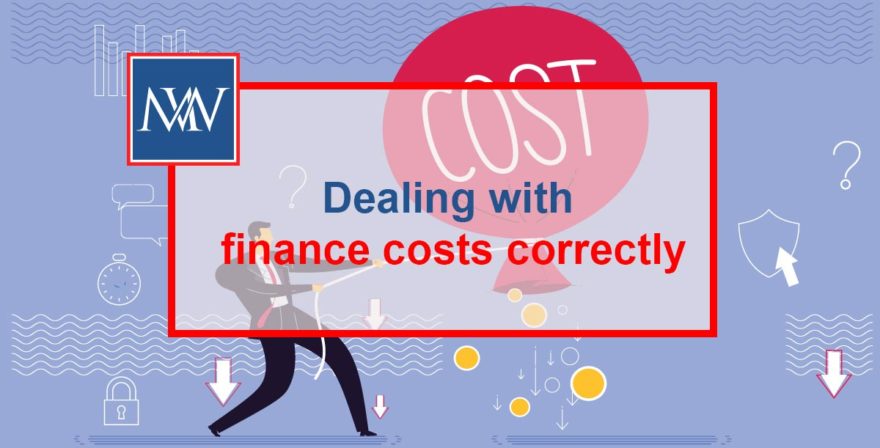
Dealing with finance costs correctly
The self-assessment deadline is looming. Self-assessment tax returns for the year to 5 April 2019 must be filed online by 31 January 2020 if a late filing penalty is to be avoided. Landlords will need to complete the property income pages. Particular care should be taken where the landlord has a loan or a mortgage as the way in which relief is given for financing costs is changing and the position for 2018/19 is different to that for 2017/18. The way in which relief for finance costs is given is moving from relief by deducting the finance costs when computing profits to giving relief in the form of a basic rate tax reduction. The 2018/19 tax year is a transitional year.
What costs are eligible for relief?
Interest payable on loans to buy land or property which is used in the rental business is eligible for relief, as is interest on loans to fund improvements or repairs. It should be noted that it is not necessary for the loan to be secured on the let property – the rule is that interest is allowable on borrowings up to the value of the property when first let. Thus, if a landlord borrowed against their main home to fund a buy-to-let investment property, the interest on that loan would be allowable on the loan up to the value when the property was first let. If the mortgage on the residential property is more, the allowable interest is proportionately reduced.
Relief is also available for the costs of getting a loan.
It should be noted that it is only the interest and other finance costs which qualifies for relief – no relief is available for any capital repayments which may be made.
The position for 2018/19
For 2018/19, relief for 50% of eligible finance costs is given as a deduction in computing the profits of the property rental business and relief for the remaining 50% is given as a basic rate tax reduction. This makes completing the property pages of the tax return slightly tricky as the information must go in two places.
The first box which needs to be completed is Box 26. This is where allowable loan interest and other financial costs need to be entered. Amounts entered in this box are deducted in computing rental profits. Therefore, as only 50% of the allowable finance costs for 2018/19 are relieved in this way, only 50% of the costs for that year should be entered in this box.
The remaining 50% is entered in Box 44, helpfully titled ‘Residential finance costs not included in box 26’. The amount entered in this box is used to calculate a reduction in the landlord’s tax bill. The reduction is equal to 20% (the basic rate of income tax) of the amount entered in Box 44.
If you have any unrelieved finance costs from earlier years, these should be entered in Box 45. Any balance of residential finance costs which is unrelieved may be carried forward to future years for relief by the same property business.
Need Accountancy Support?
For information on bespoke training, or if you have any other questions for Makesworth Accountant, please fill in your details below




















 148
148